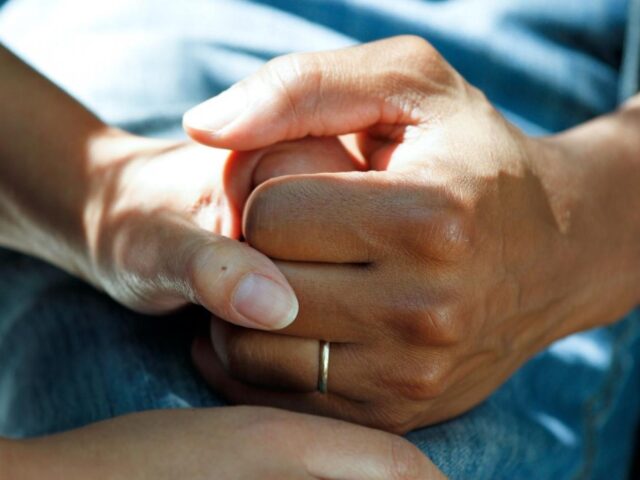The charity Marie Curie has launched a campaign calling on the government to start paying state pensions early for people who are diagnosed with a terminal illness. It follows a report published in 2022, which showed that:
- 6% of people dying fell into poverty in the last year or two years of their life
- 13% of working age parents who die have recently fallen into poverty
The report, Poverty at the end of life in the UK, was written by Juliet Stone and Donald Hirsch at the Centre for Research in Social Policy at Loughborough University. It says more than 90,000 people a year experience poverty during the last year of their lives, using the Social Metrics Commission’s definition of poverty.
The authors worked out the relationship between poverty and mortality, and examined pathways into poverty at the end of life, using Understanding Society data covering 2009-19. They divided the sample into four age groups – 20-44, 45-64, 65-79 and 80+ – and calculated the proportion of people who were in poverty. Because Understanding Society follows people over time, they were also able to see if those in poverty had been in the last 12 months of their life.
Marie Curie, which provides nursing and hospice care, and other services related to dying, death and bereavement, wants terminally ill people of working age to:
- be entitled to claim the State Pension
- get targeted help with energy bills
- get help with childcare costs.
It adds that the change would cost £114m a year, which is 0.1% of the annual state pension bill.
Read Poverty at the end of life in the UK (PDF)
Read more about Marie Curie’s campaign
Health and wellbeingIncome and expenditureMoney and financesPolitics and social attitudes



